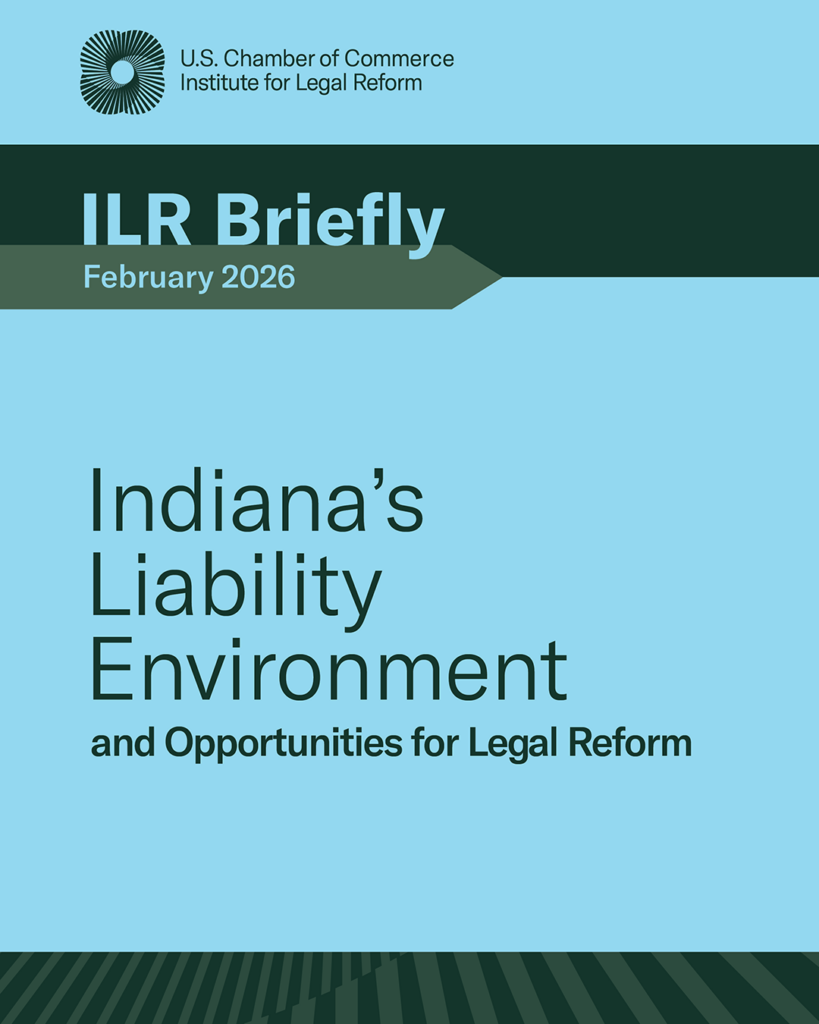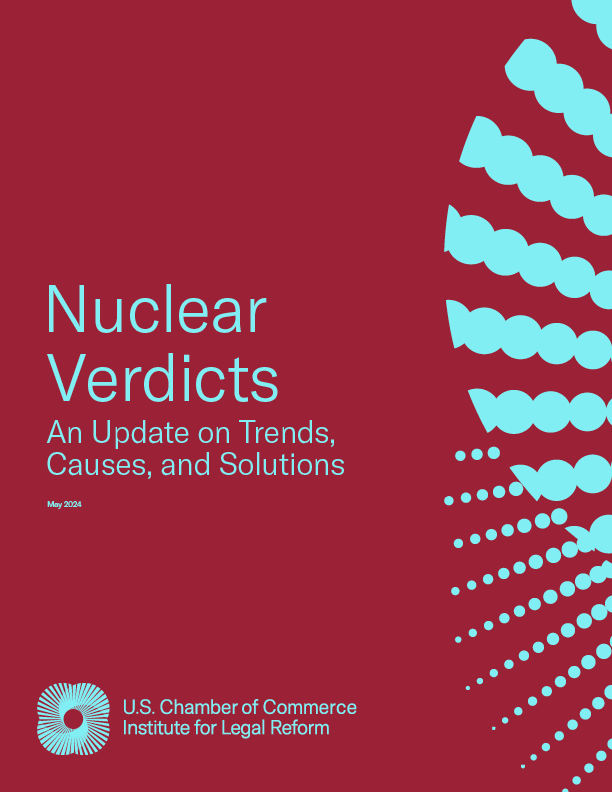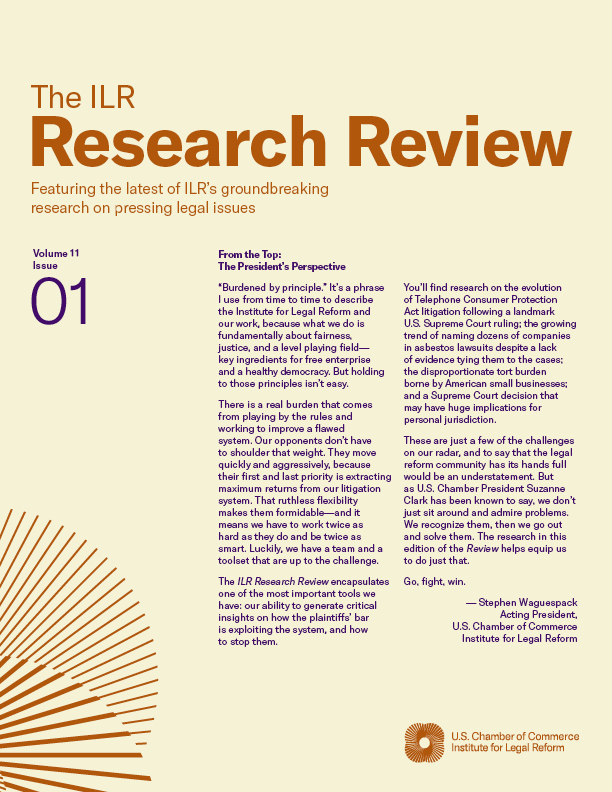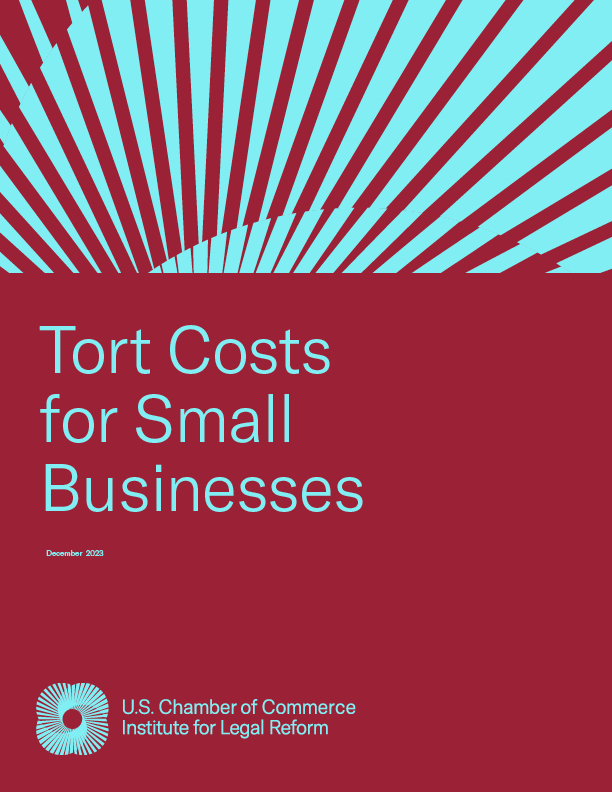In the past decade, government officials at both the federal and state levels have increasingly turned to the imposition of massive fines against companies and individuals as a means of punishing perceived misconduct. Of course, fines have existed as long as there have been governments to impose them. And in the United States, both the federal government and the states have long employed criminal and civil fines as a means of deterring conduct and exacting retribution.
The fines that federal and state governments in the United States have been imposing in recent years, however, differ from the fines imposed in the past in both degree and kind. They differ in degree because of their sheer immensity-sometimes reaching into the billions of dollars against a single entity. And they differ in kind because they seldom follow a finding of wrongdoing. Instead, fines are increasingly imposed as components of coercive settlements with the government, preceding even formal allegations of misconduct. Moreover, entities are frequently subject to multiple fines by different government actors for the same conduct; the fines are based on novel interpretations of broadly worded statutes that no reasonable party could anticipate; and the fines often inure not to the general benefit of the government, but to the direct benefit of the particular government entities that impose them-creating incentives for government actors to deploy this strategy again and again.
Fortunately, the targets of this troubling new approach to government fines have a formidable ally: the Constitution.
Our nation’s founding document was forged in response to the same government abuses seen in today’s imposition of government fines: arbitrary state action, lack of notice and process, concentration of government power, multiple punishments, and fundamental unfairness. The Constitution contains a number of provisions designed to limit the government’s ability to impose criminal and civil fines. Chief among these constraints are the Excessive Fines Clause and the Due Process Clause, which speak directly to the problems raised by massive fines and their misuse. Finally, the Supreme Court has also recently expressed concerns over two problems that permeate the government’s recent enforcement efforts: overcriminalization and questionable exercises of prosecutorial discretion.
View PDF


